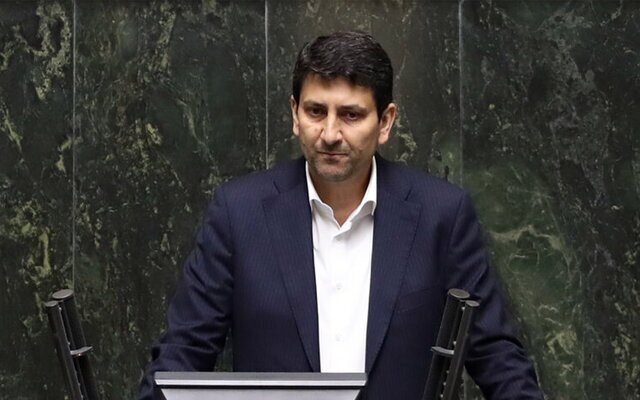Over 20,000 foreign cyberattacks thwarted during 12-day war, Iran ICT minister says

TEHRAN – Iran’s Minister of Information and Communications Technology announced that the country was the target of more than 20,000 foreign cyberattacks during the recent 12-day war.
Speaking at an open session of Parliament on Tuesday, Sattar Hashemi said coordinated efforts by the Ministry helped contain the damage and ensure the continued operation of vital digital services across the country.
“This was one of the most complex hybrid attacks we’ve faced, yet thanks to timely management and inter-agency coordination, the disruptions were minimized,” Hashemi told lawmakers.
Presenting a detailed report on communication security and digital infrastructure during the conflict with the Zionist regime, the ICT minister outlined steps taken to strengthen the National Information Network and support Iran’s digital economy throughout the crisis.
Hashemi noted that the Ministry’s top priority during the conflict was to ensure the stability of communications and uninterrupted access to digital services for citizens, businesses, and essential sectors.
“Our strategy was designed to protect psychological security and preserve public calm during critical times,” he explained.
He said the Ministry coordinated closely with other government agencies to maintain continuity in key sectors such as digital payments, retail logistics, fuel distribution, healthcare, and telecommunications. A dedicated task force was established to manage daily operations and troubleshoot disruptions.
Highlighting the broader impact of the war, Hashemi said nearly 10 million Iranians rely directly or indirectly on the digital economy for their livelihood. He revealed that the conflict caused a 30 percent drop in employment within the sector and significant financial losses. However, he praised the resilience of both the business community and the general public.
In conclusion, Hashemi reaffirmed the Ministry’s commitment to protecting the digital ecosystem and providing essential services. “Our efforts were aimed at safeguarding psychological security and ensuring the continuity of the digital economy. To that end, we also offered free services to ease the burden on citizens during this difficult period.”
Leave a Comment